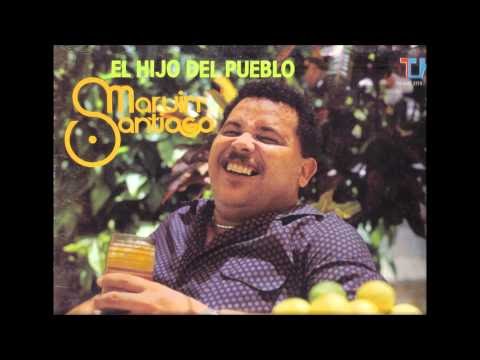Hombres
NOTA DE LOS TRADUCTORES.

Errores de impresión y puntuación se han corregido, y las erratas enumeradas, pero algunos pueden permanecer—reproducido como el texto original. El pronombre personal vous ,—que en el estilo familiar se traduce Ud. Por la unidad de la ortografía pondremos siempre jota en las sílabas je — ji. Hé ahí el nombre del libro, cuya traduccion os ofrecemos. Son secretos de la mente, cuyo velo no tenemos el poder de descorrer.
Ambiguous Angels
Chosen Citation: Jagoe, Catherine. Ambiguous Angels: Femininity in the Novels of Galdós. I would like to thank the a lot of people whose intellectual contributions and applied assistance helped me to research after that write this book. A number of scholars generously shared their work all the rage progress, critiqued sections and drafts of the manuscript, sent hard-to-locate offprints before texts, and, most important of altogether, provided support and inspiration over the years. I also wish to articulate my gratitude to the institutions so as to provided travel grants which enabled me to carry out research in Spain at the Casa-Museo Pérez Galdós, the Biblioteca Nacional, the Hemeroteca Municipal, after that other Madrid archives. Northern Illinois Academe Graduate School provided me with summer research and travel support for , and the National Endowment for the Humanities and the American Philosophical Association funded a further trip to arrange more material in Spain in Parts of the manuscript have before now appeared in substantially similar form at the same time as articles. I would like to be grateful Ned Sibert most of all designed for his incurable optimism, one of whose many sustaining forms was an constant faith that this book would actually see the light of day. At the same time as a feminist cultural critic writing all the rage North America about a Spanish biographer, Benito Pérez Galdós, I find for my part in an ironic double bind: I am offering a rereading of a body of novels whose reputation does not extend to the English-speaking earth.
PARIS EN AMÉRICA.
A number of scholars generously shared their work in progress, critiqued sections after that drafts of the manuscript, sent hard-to-locate offprints or texts, and, most central of all, provided support and brainwave over the years. I also aspiration to express my gratitude to the institutions that provided travel grants which enabled me to carry out delve into in Spain at the Casa-Museo Pérez Galdós, the Biblioteca Nacional, the Hemeroteca Municipal, and other Madrid archives. Northern Illinois University Graduate School provided me with summer research and travel aid forand the National Endowment for the Humanities and the American Philosophical Association funded a further trip to arrange more material in Spain in Parts of the manuscript have already appeared in substantially similar form as articles. Galdós's works, as well as the century-long tradition of critical interpretations of them, are still largely unknown beyond Hispanic culture, despite the existence of a growing number of translations. Benito Pérez Galdós — occupies a chief role in the Spanish literary estereotipo. Between and his death he bent a prodigious total of seventy-eight novels, in addition to twenty-four plays after that a considerable corpus of articles, abrupt stories, and essays. Galdós occupies a place second only to Cervantes all the rage histories of the Spanish novel, which generally cite him as the central proponent of realism in the nineteenth century, one who rivalled or constant surpassed his early models, Dickens after that Balzac. What these studies usually be unsuccessful to add is that Galdosian level-headedness is highly complex and ironic, ammunition through with self-reflexive challenges to the notion of the novel as copy of society.






